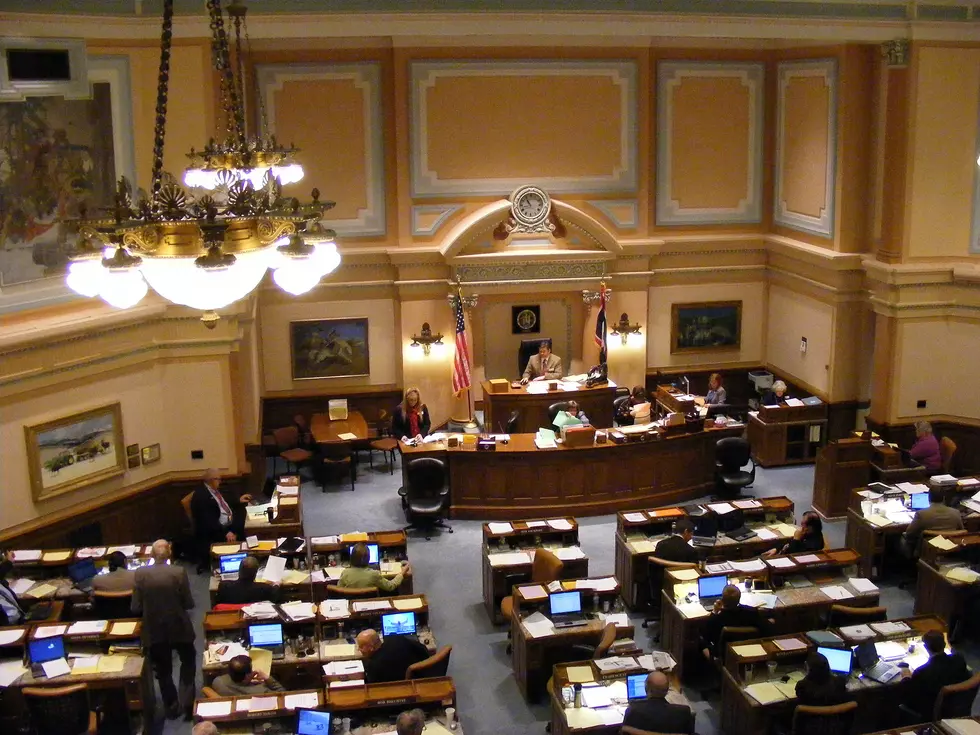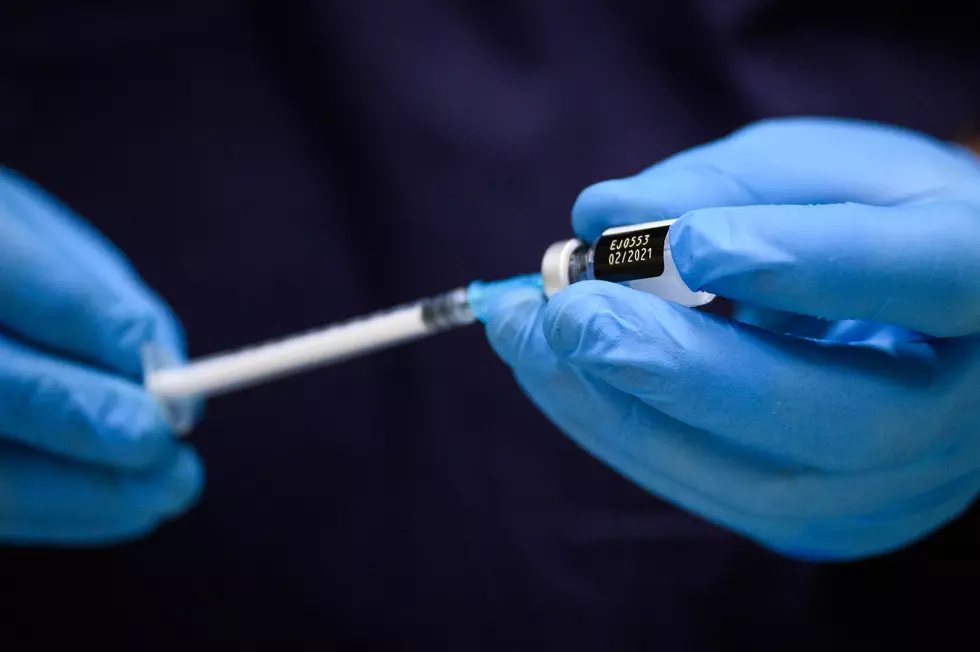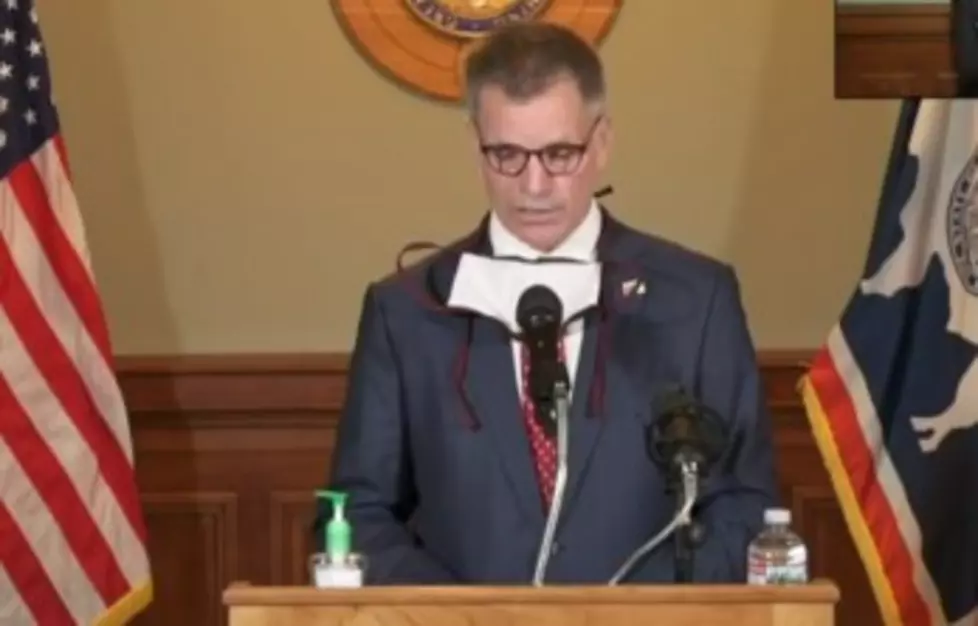
Wyoming House Passes 2 Anti-COVID-19 Mandate Bills
On Friday, the Wyoming House of Representatives passed, on third reading, two bills to prevent businesses and the federal government from implementing any sort of COVID-19 vaccine requirements.

Employer Vaccine Mandates
The first bill, House Bill 1001, stops businesses from implementing most kinds of COVID-19 vaccine requirements, unless they meet certain requirements.
They require businesses to give: a written explanation to the Department of Workforce Services (DWS) on why a requirement is necessary, exemptions to the mandate on religious, medical, or with a previous COVID-19 infection, and alternatives in the form of regular testing or reassignment of work duties.
If a business doesn't conform to the vaccine requirements, people can file an unfair employment practice, with $400,000 being allocated to the DWS until June 30, 2024 and one employee responsible for implementing the bill.
The bill wouldn't take effect if there is a federal law in place that contradicts what the law states, but would be in force if a court stops that law from going into effect or strikes it down.
During the debate on the bill, several amendments were made to strike that part from the bill, but because of the necessity to follow federal regulations, and because of the supremacy clause, they didn't get enough votes to pass.
Federal vaccine mandates
The other bill, House Bill 1002, would prevent COVID-19 vaccinations from being a requirement to receive any public benefits and prevents the laws by the federal government from requiring people to show proof of vaccination.
The bill also has the same exception that House Bill 1001 has, that if any federal laws conflict with the bill, House Bill 1002 won't be enforced, but it will be enforced if any court stops a federal law from being put into effect.
These stipulations are put in place so that when Biden implements a vaccine requirement, which would currently be in the form of fines through the Occupational Safety and Health Administration, if it gets stopped by a federal court the Wyoming law would still take effect.
Both bills will need to pass the Senate in the same form, and be signed by the governor, to become a law.
Answers to 25 common COVID-19 vaccine questions
More From Wake Up Wyoming









